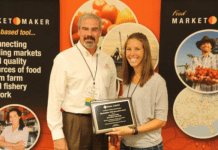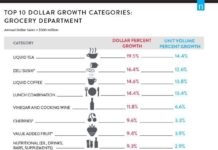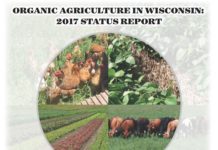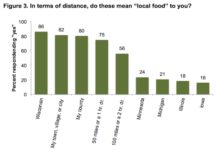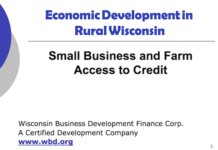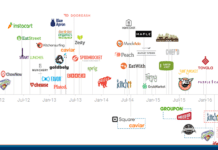The resources below help entrepreneurs get their food, beverage or value-added farm business profitable and raise the money they need to grow.
For Entrepreneurs
Are You Ready to Start a CSA?
8 pages of Free report content by University of Tennessee Extension
Books or Guide about Business Models for businesses that are Pre-Venture
Paul Dietmann on Setting Your Farm Up for Financial Success
1 hour & 15 minutes of Free audio by Farmer To Farmer Podcast
Podcast about Raising Capital for businesses that are Pre-Venture | Startups
Define It: Categories In Action
10 minute Free read by Edible-Alpha®
Article about Business Models for businesses that are Pre-Venture | Startups | Growing and Scaling
A Farmer’s Guide To A Pick-Your-Own Operation
28 pages of Free report content by University of Tennessee Extension
Books or Guide about Business Models for businesses that are Growing and Scaling
Shared-Use Kitchens And Their Tenants: A Shared Path to Financial Sustainability
1 hour & 40 minutes of Free audio by Edible-Alpha®
Podcast about Business Models for businesses that are Pre-Venture | Startups | Growing and Scaling
Pricing Through Distribution Worksheet
Free tool by Edible-Alpha®
Tool or Template about Sales and Marketing for businesses that are Growing and Scaling
Wisconsin Local Food Marketing Guide
106 pages of Free report content by Wisconsin DATCP
Books or Guide about Operations for businesses that are Pre-Venture | Startups
Innovation in Food Is Different Than Tech
10 minute Free read by Edible-Alpha®
Article about Business Models for businesses that are Growing and Scaling
Considering Manufacturing In-House? Waste Can Be A Resource That Improves Your Food Business’ Bottom...
1 hour & 15 minutes of Free audio by Edible-Alpha®
Podcast about Operations for businesses that are Growing and Scaling
Entertainment Farming and Agri-Tourism
16 pages of Free report content by NCAT/ATTRA
Books or Guide about Business Models for businesses that are Growing and Scaling
Amazon’s Acquisition of Whole Foods Disrupts Distribution And Presents Opportunities
20 minute Free read by Edible-Alpha®
Article about Business Models for businesses that are Growing and Scaling
How Much Is My Company Worth? Company Valuations With LBW Wealth Management
1 hour & 10 minutes of Free audio by Edible-Alpha®
Podcast about Raising Capital for businesses that are Growing and Scaling
List of Documentation For Approaching Lenders and Investors
Free checklist by Edible-Alpha®
Tool or Template about Raising Capital for businesses that are Growing and Scaling
Organic Agriculture in Wisconsin: 2017 Status Report
44 pages of Free report content by University of Wisconsin-Madison
Books or Guide about Operations for businesses that are Growing and Scaling
What does “local food” mean to Wisconsin consumers?
4 page Free report brief by University of Wisconsin-Madison
Books or Guide about Operations for businesses that are Pre-Venture | Startups
Advisors and Feedback Are Essential to Food Business Success
10 minute Free read by Edible-Alpha®
Article about Operations for businesses that are Pre-Venture | Startups
SBA 504 Loans with Diane Byler of WBD
35 minutes of Free audio by Edible-Alpha®
Podcast about Raising Capital for businesses that are Growing and Scaling
True “Disruption” of Food Is Difficult
10 minute Free read by Edible-Alpha®
Article about Business Models for businesses that are Pre-Venture | Startups
Food Hubs with Tara Roberts-Turner of the Wisconsin Food Hub Cooperative
55 minutes of Free audio by Edible-Alpha®
Podcast about Business Models for businesses that are Growing and Scaling
Outline Of A Funding Request for a Food or Beverage Business
Free template by Edible-Alpha®
Tool or Template about Raising Capital for businesses that are Pre-Venture | Startups | Growing and Scaling


